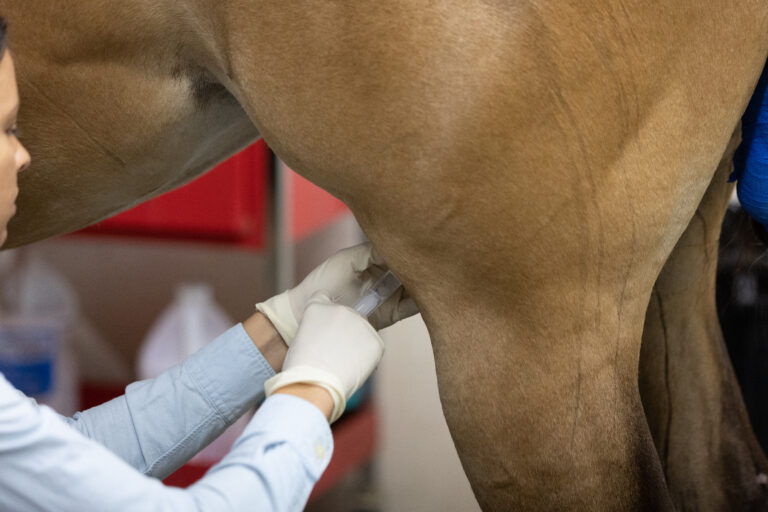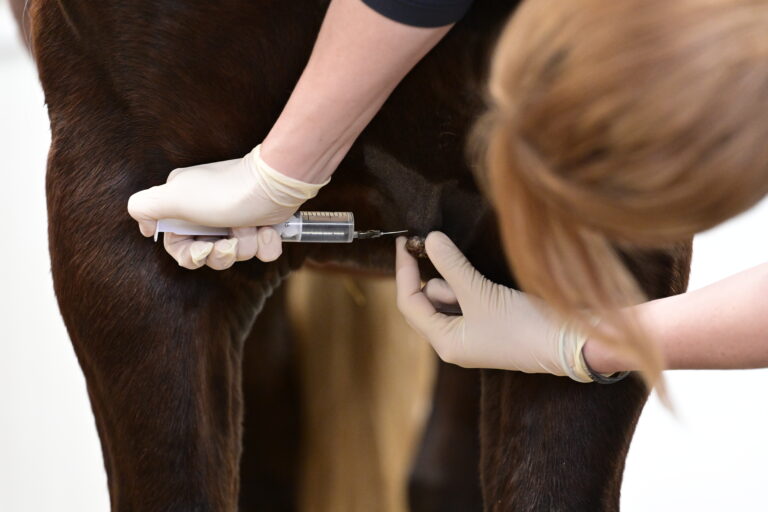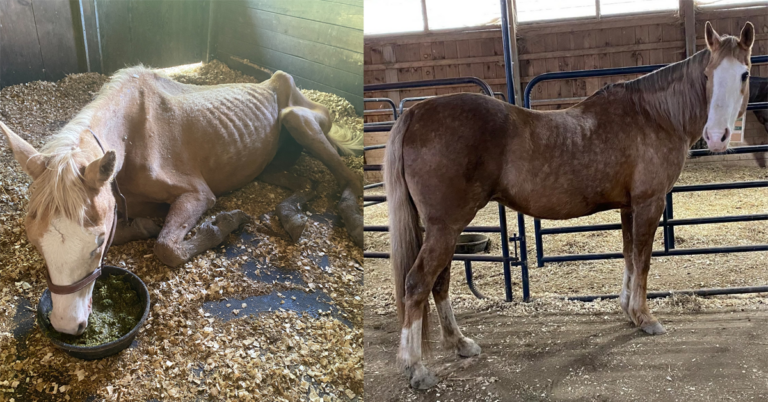
The Cornell University’s College of Veterinary Medicine (CVM) has created a new scholarship to encourage students from historically underrepresented groups to explore veterinary medicine, part of its outreach to motivate more diverse high school students to consider attending Cornell or entering the profession.
Veterinary medicine continues to be one of the least diverse professions, an issue the college has committed to tackling. Cultivating inclusion and support for students from historically underrepresented communities early in their education—focusing on the pipeline of potential students that apply to veterinary college—is considered key to diversifying the field.
“Given the discussions around increasing diversity, I was thinking, ‘What can I do?’ ” said Dr. Paul Maza, senior lecturer in anatomy. “And we started talking about how we could increase diversity in our own courses.”
That led to the creation of a new scholarship, which will support underrepresented high school students who attend the precollege summer course Veterinary Medicine: Small Animal Practice, beginning in summer 2022.
Opening Doors
This three-week course provides three college credits and immerses students in topics such as anatomy and physiology, as well as their clinical applications in veterinary medicine. Hands-on laboratories allow students to experience some of the activities they would find in veterinary school, such as labs in gross anatomy, imaging, physical examination, suturing and bandaging, and CPR.
The experience has introduced high schoolers to the veterinary profession and helped inspire an interest or even a career path into the field. Historically, the demographics of the course have lacked representation from Black, indigenous and people of color communities.
Maza and course co-leader, Dr. Kelly Lyboldt, lecturer in physiology, worked with Jodi Korich, DVM, associate dean for education, and other college and university leadership to establish four full-tuition scholarships, including room and board, that will be available to historically under-represented students to attend the precollege course this year.
Recognizing that underrepresented students who are new to traveling away from their homes and communities might need more than just financial support, Lybolt is working with colleagues to ensure the scholarship recipients get the mental, emotional and community support they need.
“I hope this scholarship opens a door and, over time, I hope it helps keep that door open for others to follow through,” Lyboldt said. “Maybe this small act can have a big impact and maybe students who are currently considered underrepresented won’t be underrepresented in the future.”
Dream More
Increasing the pipeline to diversify students coming to Cornell has long been a focus for Jai Sweet, PhD, senior director of student development and academic services, and Jennifer Mailey, director of admissions. In addition to attending career fairs and recruitment events that target diverse students, they have established longstanding partnerships with New York City high schools, where they visit and talk to teens about veterinary school and the profession.
Sweet brings a group of 10-15 students from John Bowne High School to the veterinary college every summer (with the exception of 2020) for immersive exposure to veterinary medicine—including animal examination labs, clinical rotations and tours of other parts of Cornell. Sweet also buses 45 students from John Bowne to attend the CVM Open House every spring. “We want to give these students a look at what an Ivy League university looks like and what a veterinary school looks like,” Sweet said. “It’s about giving students access to explore further, dream more and make more connections.”
For Sweet and Mailey, it’s not about recruiting to Cornell only, but to the veterinary profession as a whole. “It’s exciting to expose these students to a career they might not have thought possible. If these experiences inspire them to continue to explore the veterinary profession and they eventually came to Cornell—that would be great!” said Mailey.
Strengthening All
Diversifying veterinary medicine benefits everyone. Studies have shown that workplaces and teams with greater variety of backgrounds and experiences are much better at problem solving and creativity, while it enables better care for clients of all backgrounds who might benefit from shared cultural identities and experiences with their veterinarians.
“Inclusivity and accessibility will only strengthen our college, our university and help us provide high-quality, compassionate veterinary care to our communities,” Lyboldt said. “Increasing diversity within our profession is crucial to better meet the needs of today’s society.”
Maza agreed. “The goal of all of these efforts is to increase the pipeline of students coming into veterinary school and becoming veterinarians who can better represent the diversity of our society and meet society’s needs according to each community’s issues,” he said.
The scholarship for underrepresented students to attend Cornell’s Precollege Studies Course, Veterinary Medicine: Small Animal Practice, will be taking applications for Summer 2022 beginning next January. High school students, particularly those from New York state, are encouraged to apply. To learn more, visit the Precollege Studies site and the veterinary course page, or contact Maza with questions.
This article was written by Lauren Cahoon Roberts.

![[Aggregator] Downloaded image for imported item #18711](https://s3.amazonaws.com/wp-s3-equimanagement.com/wp-content/uploads/2025/10/20105749/EDCC-Unbranded-14-scaled-1-768x512.jpeg)


